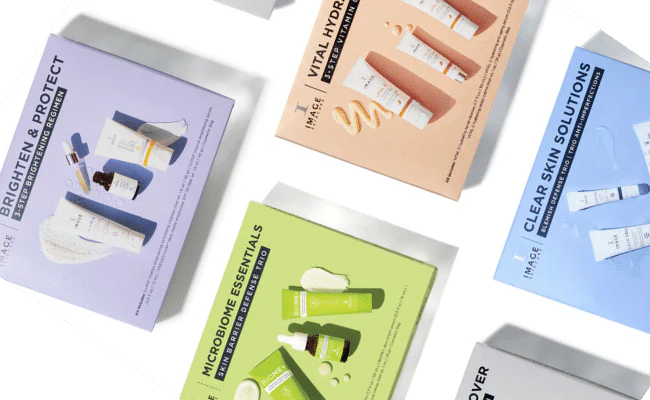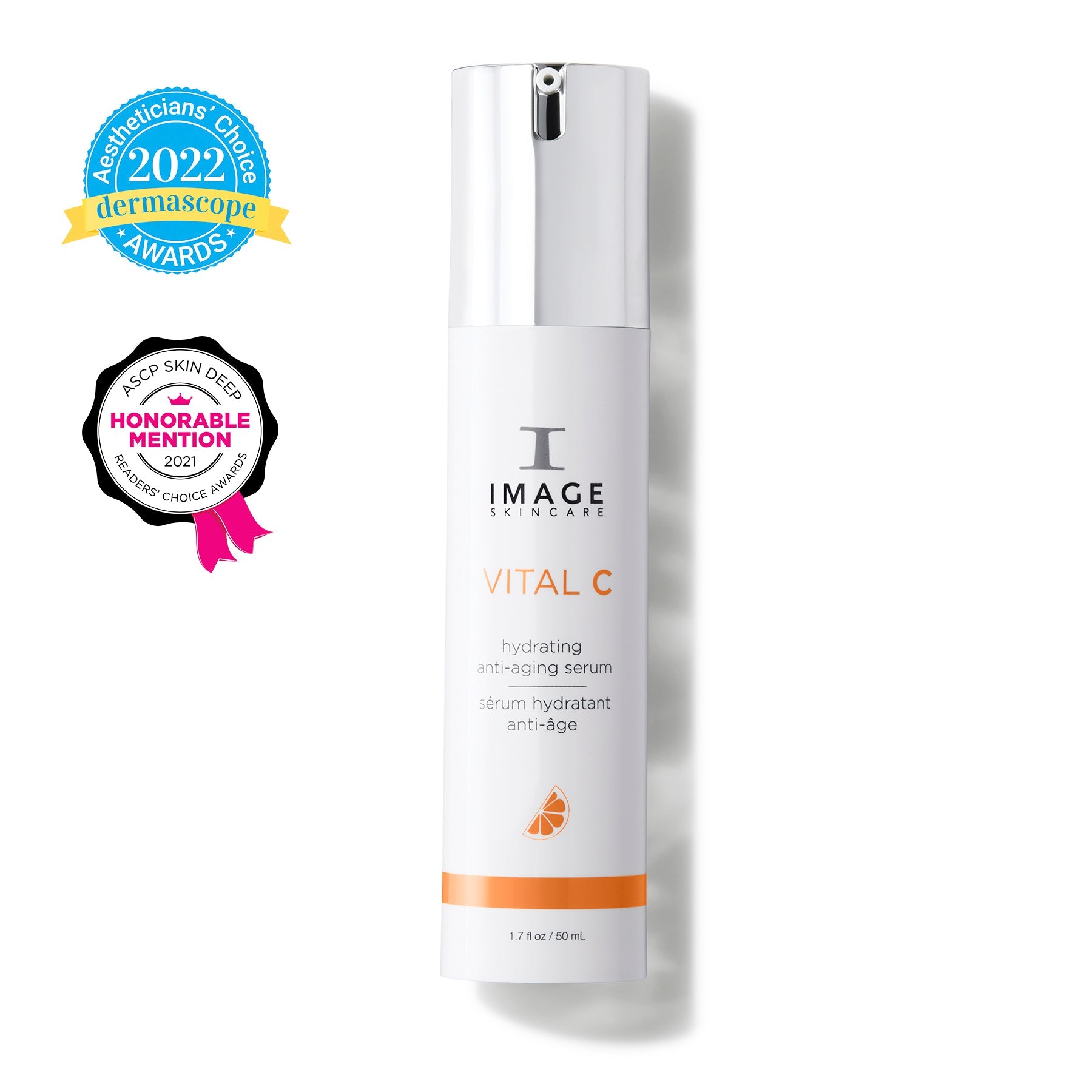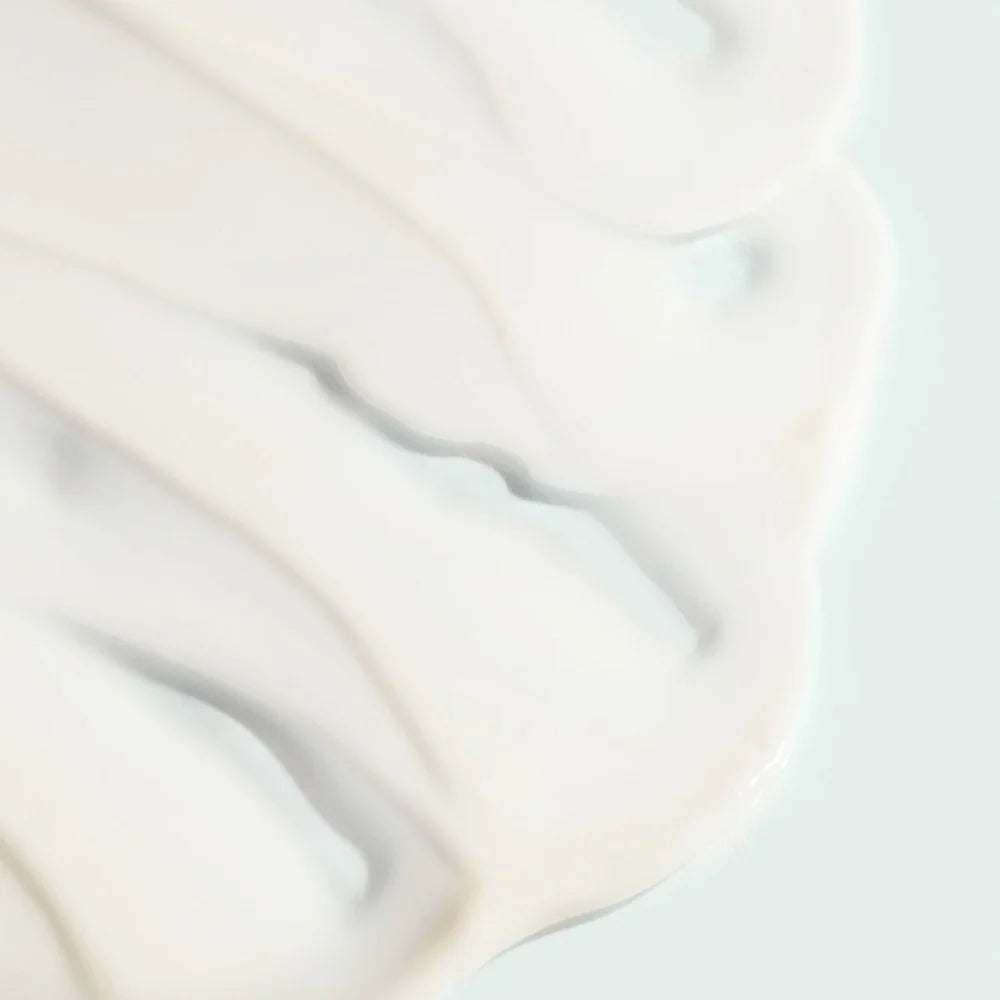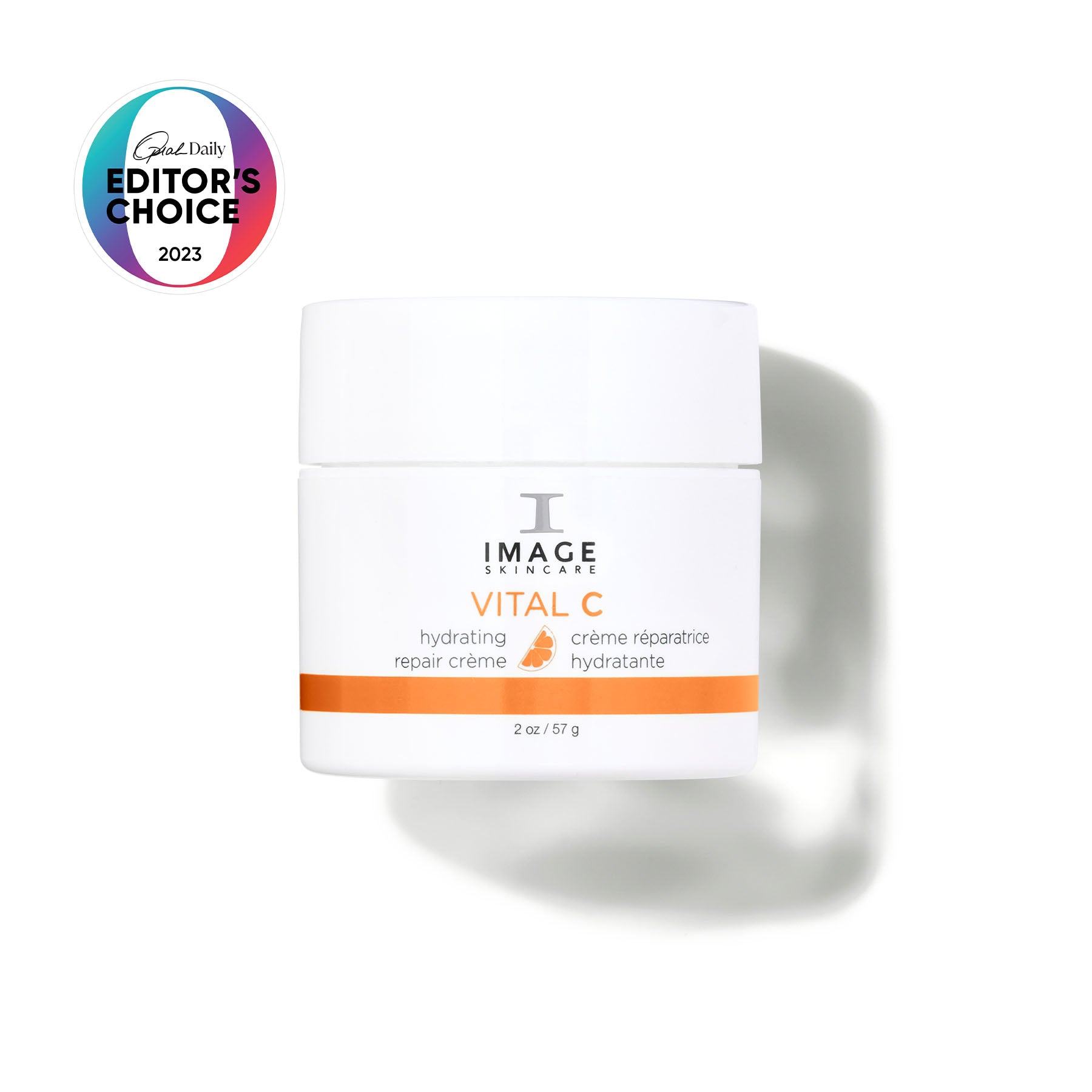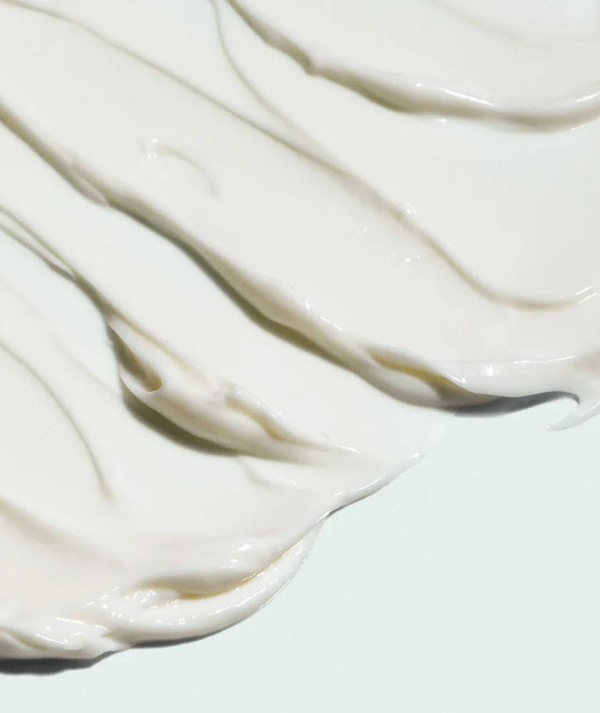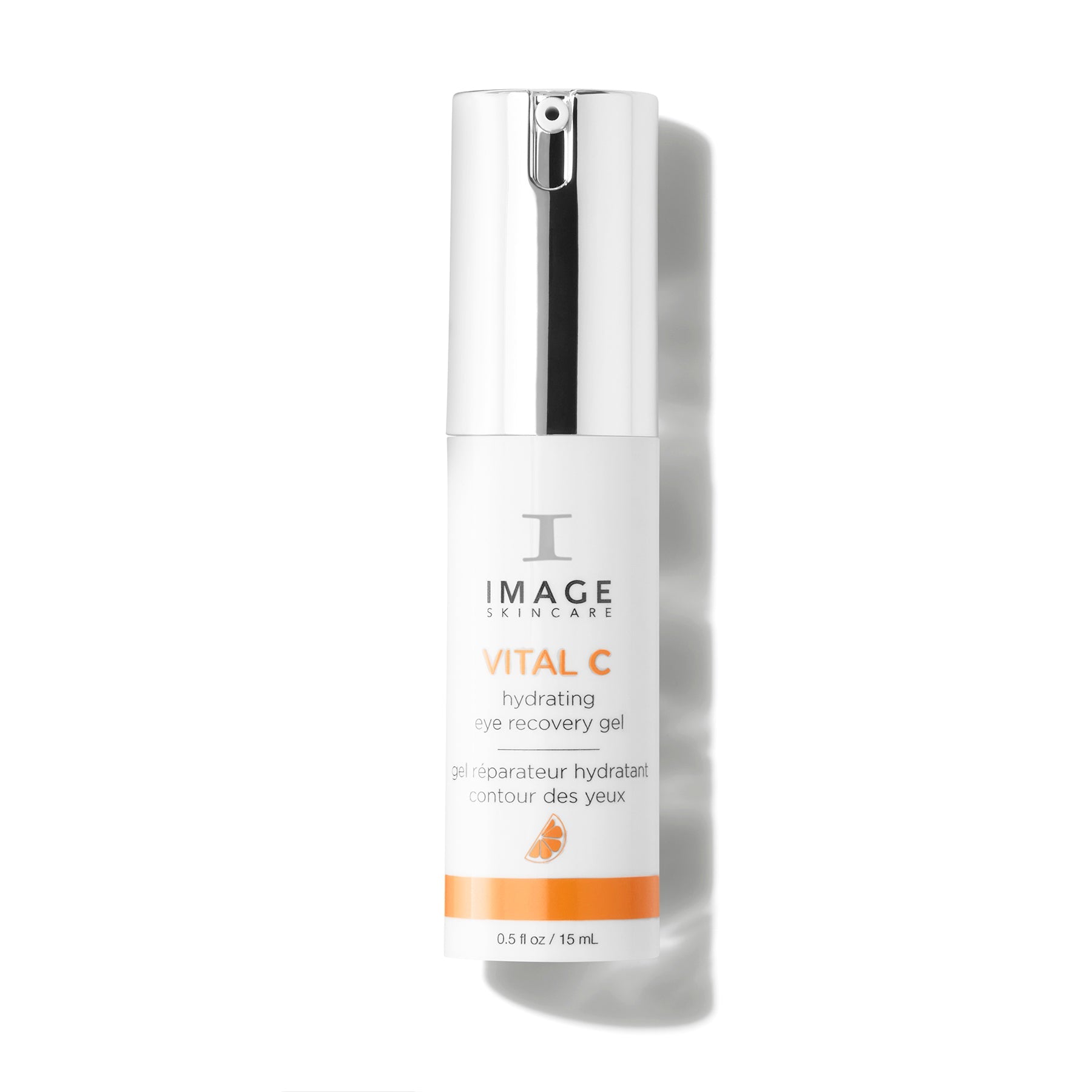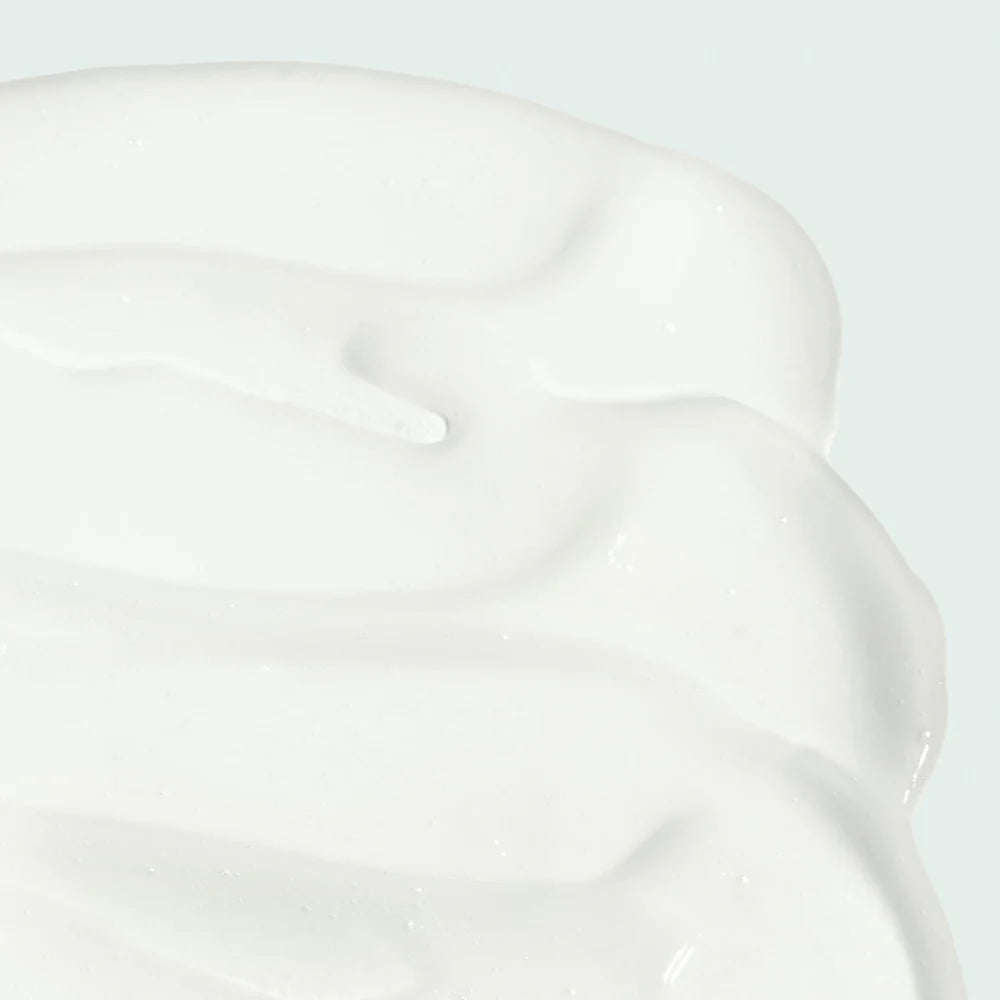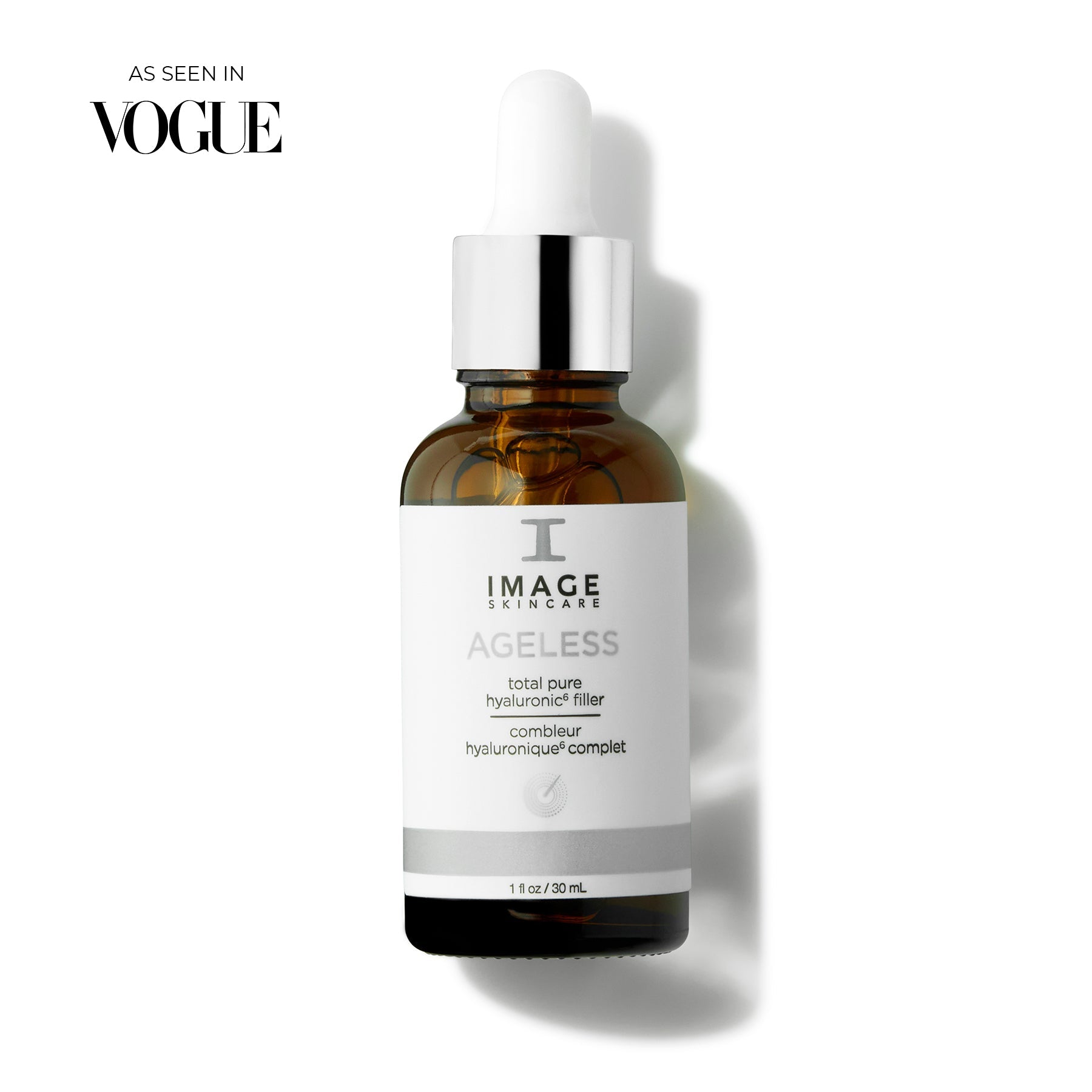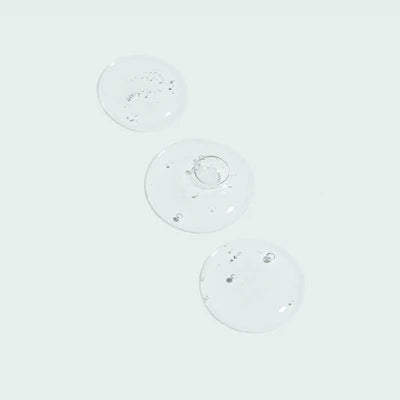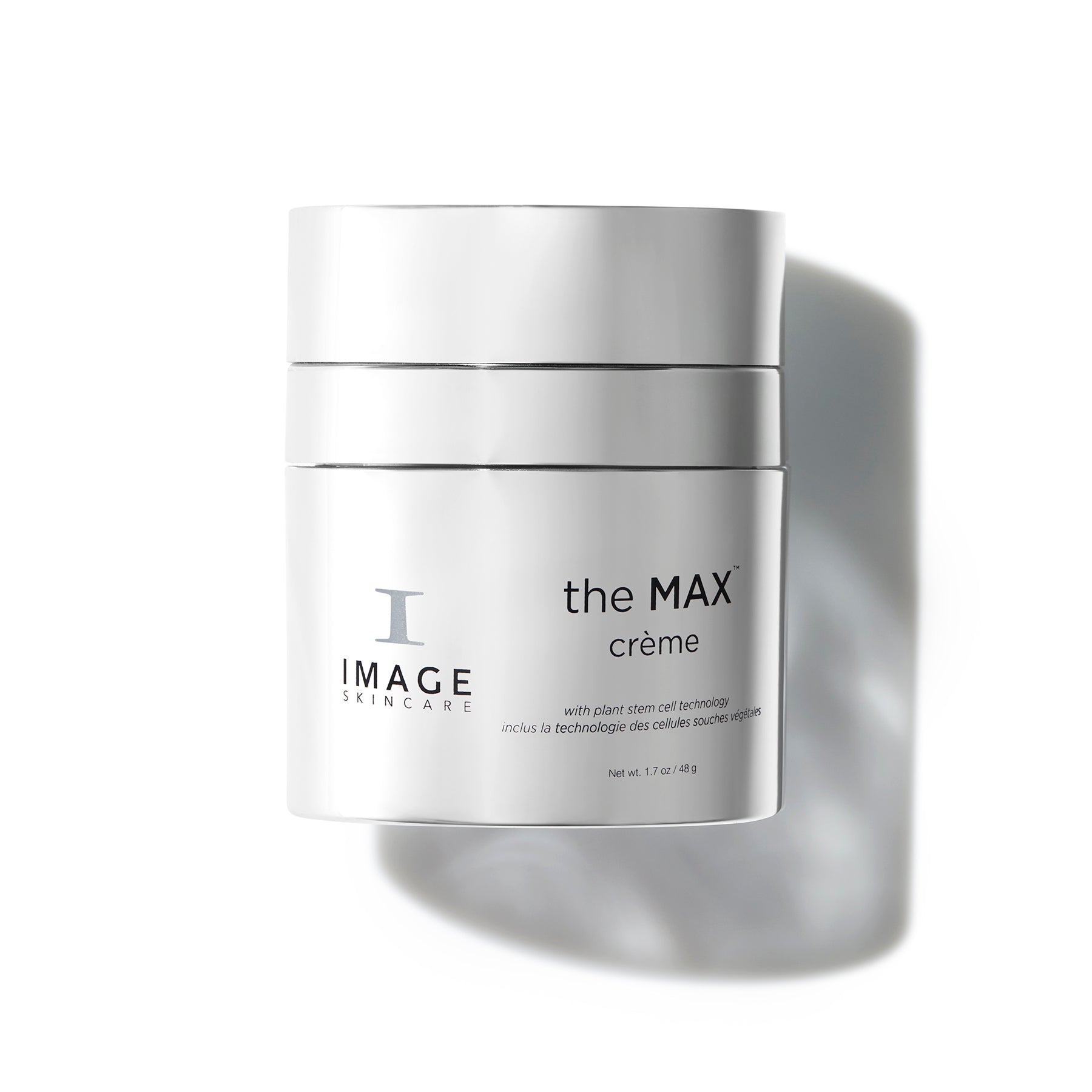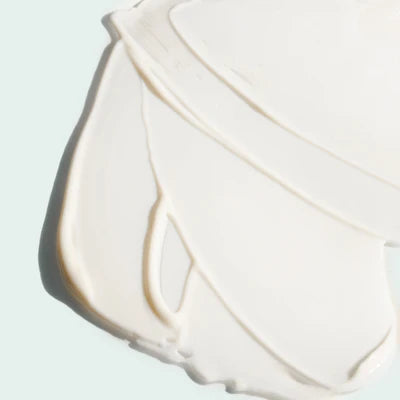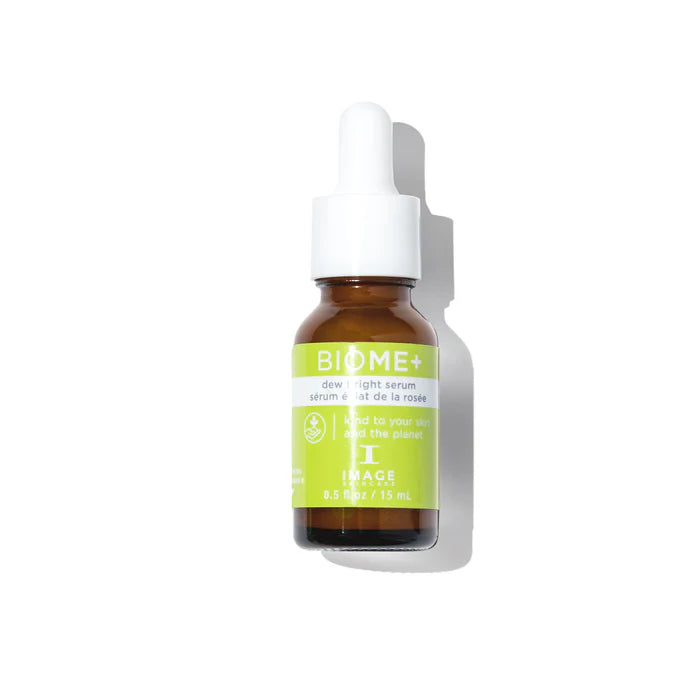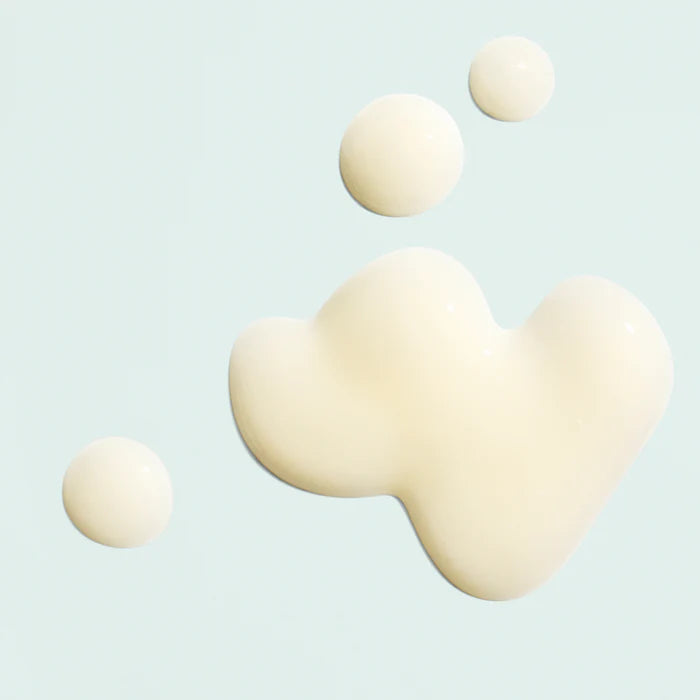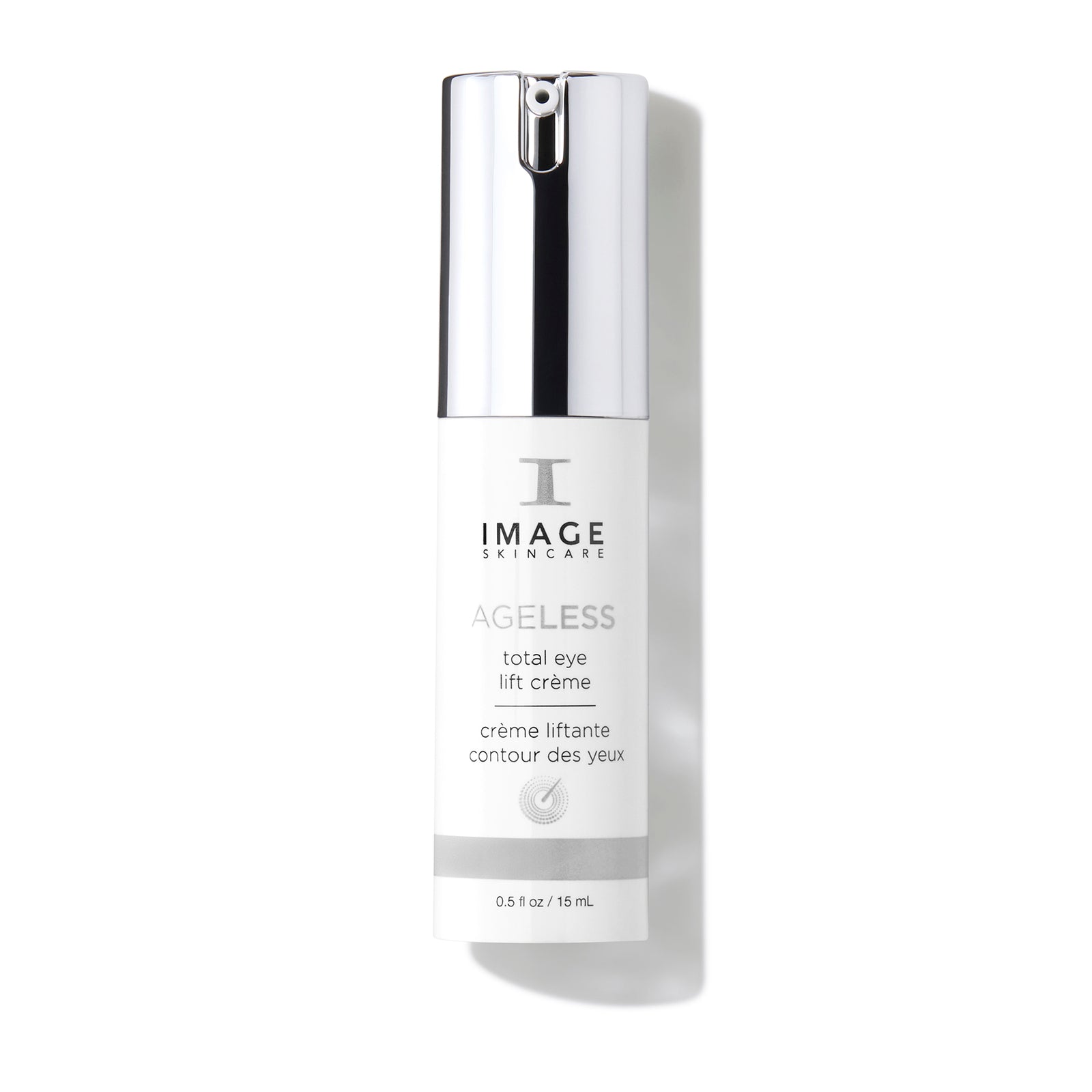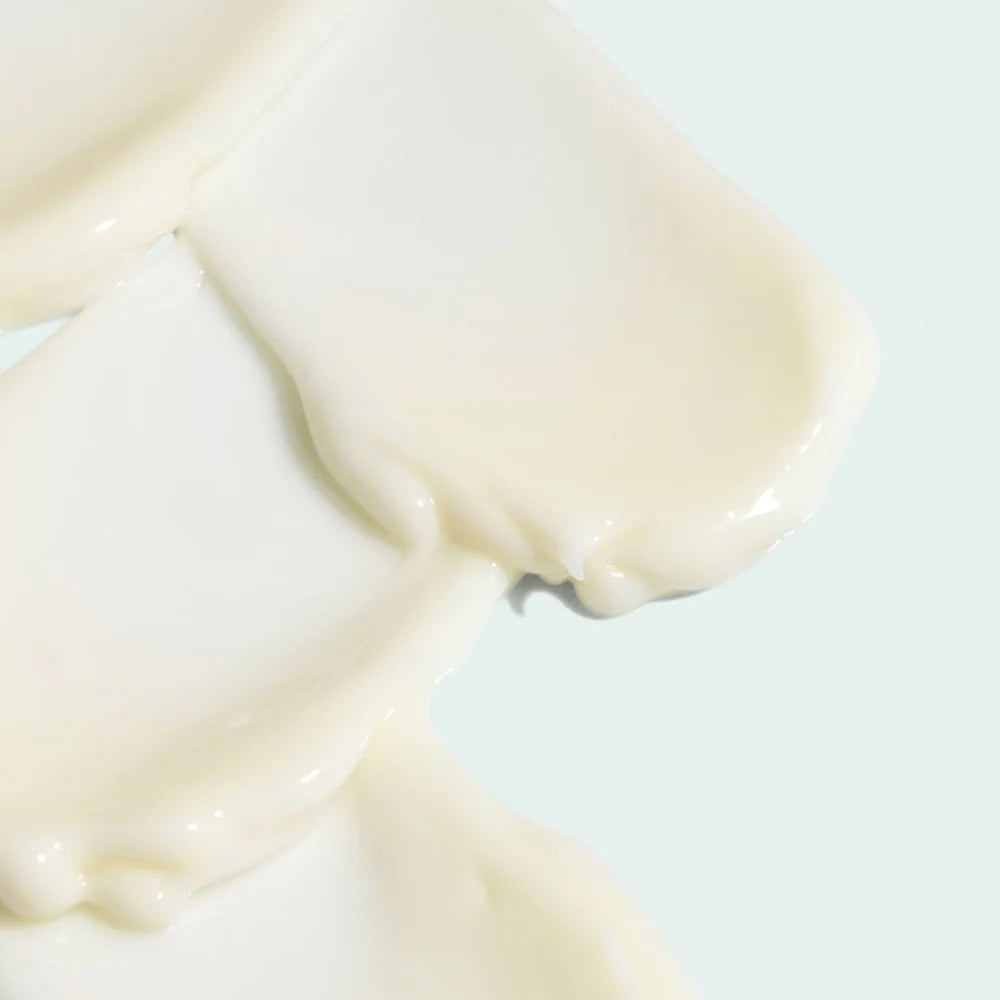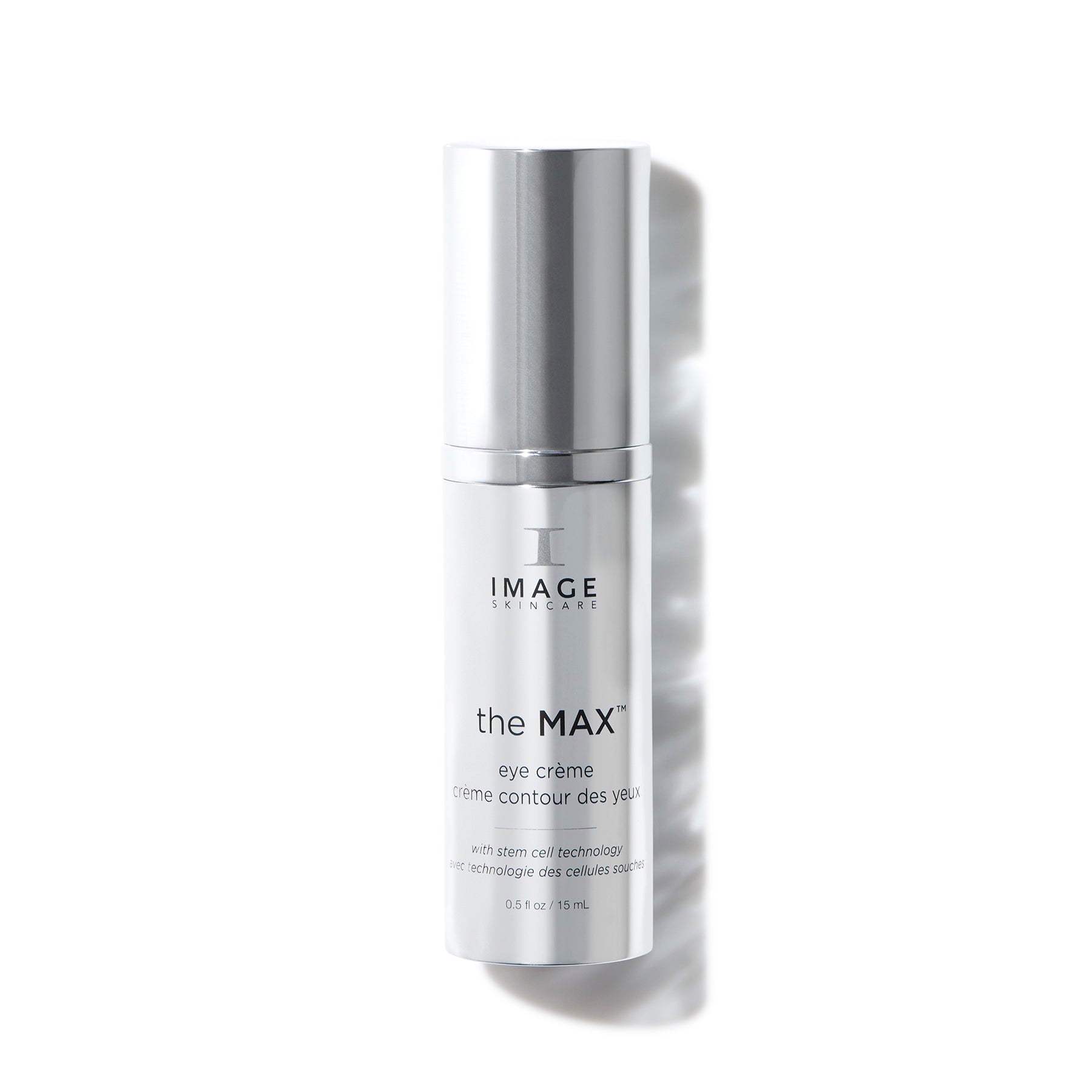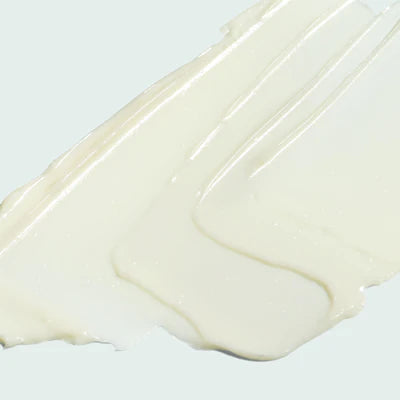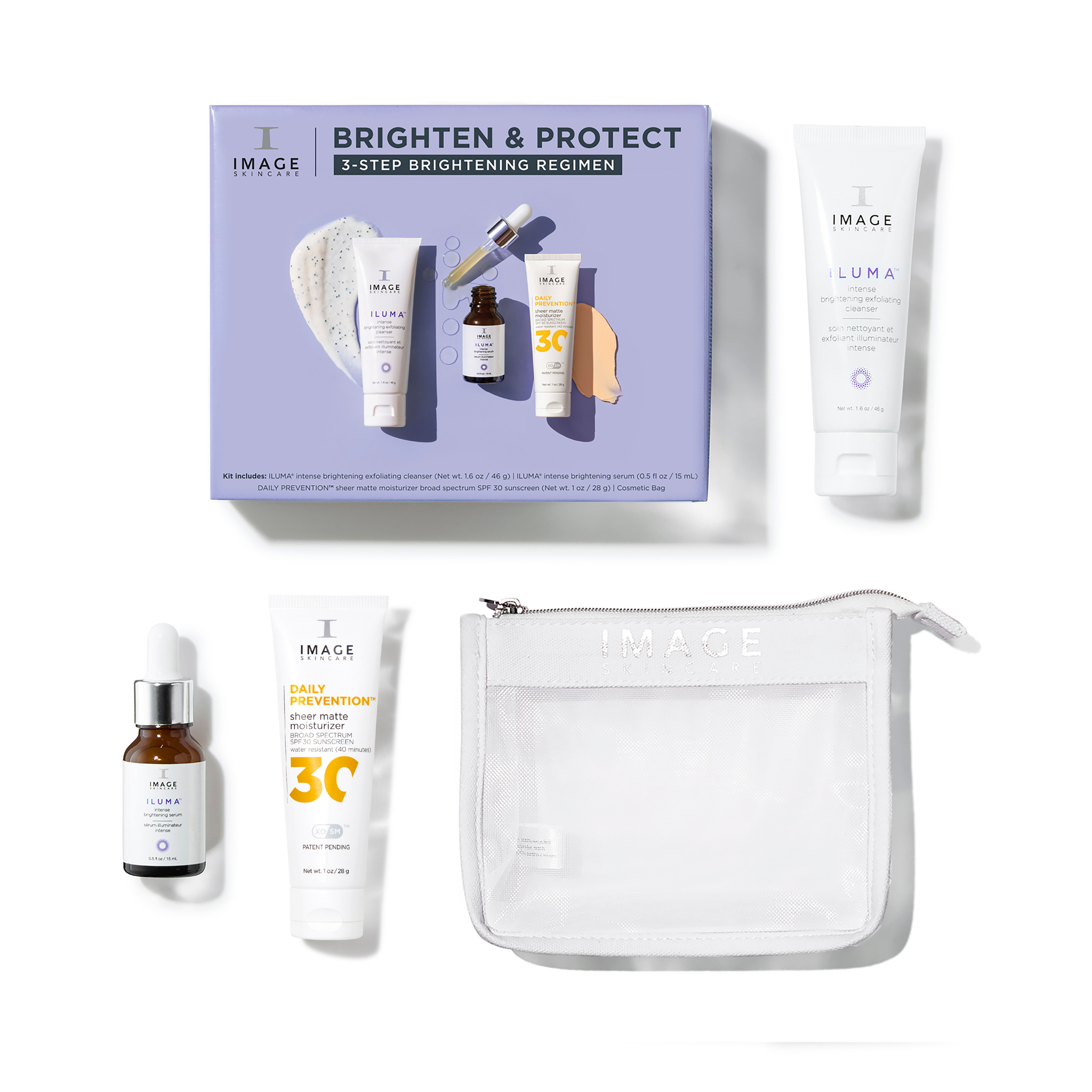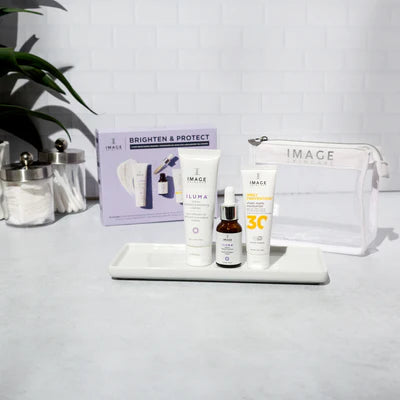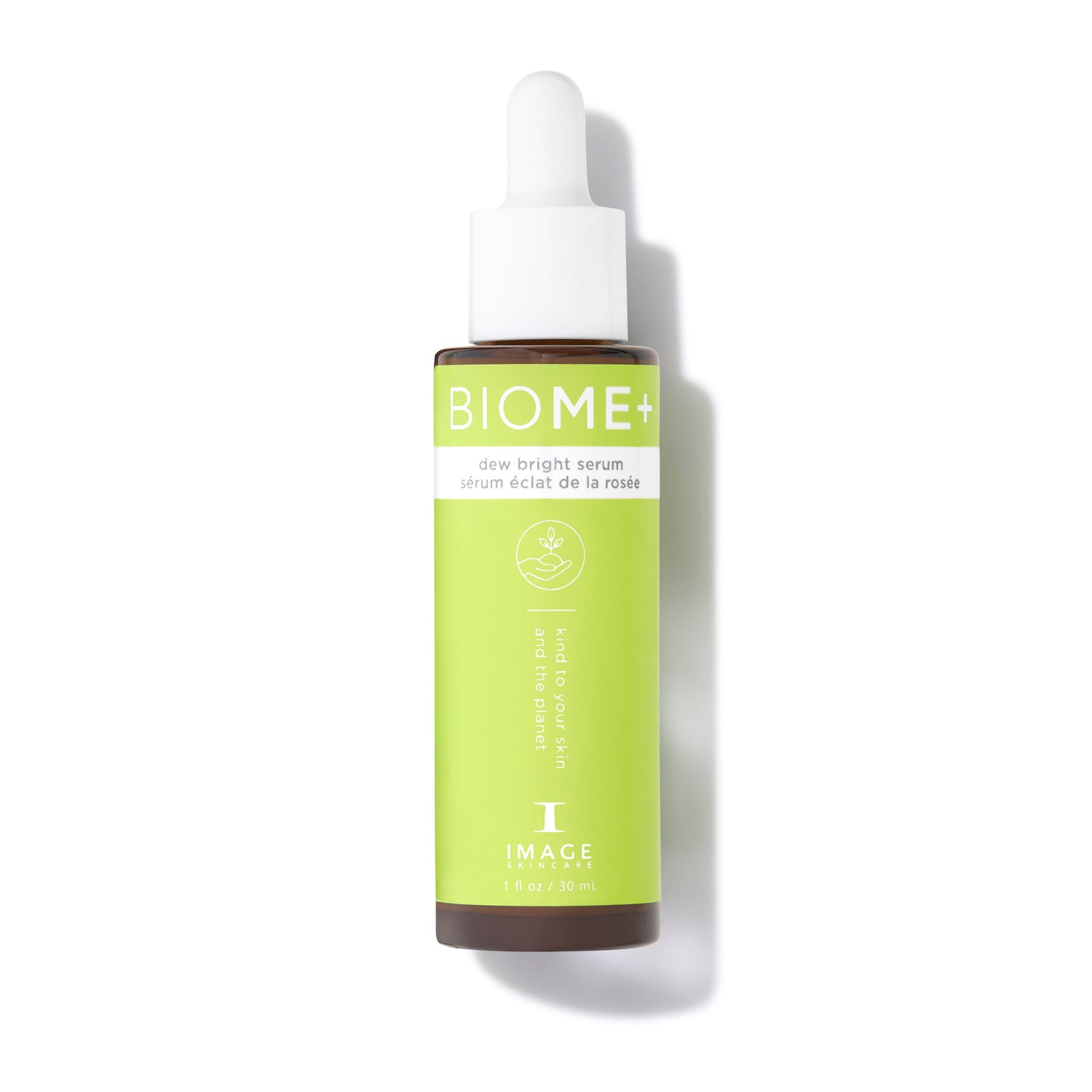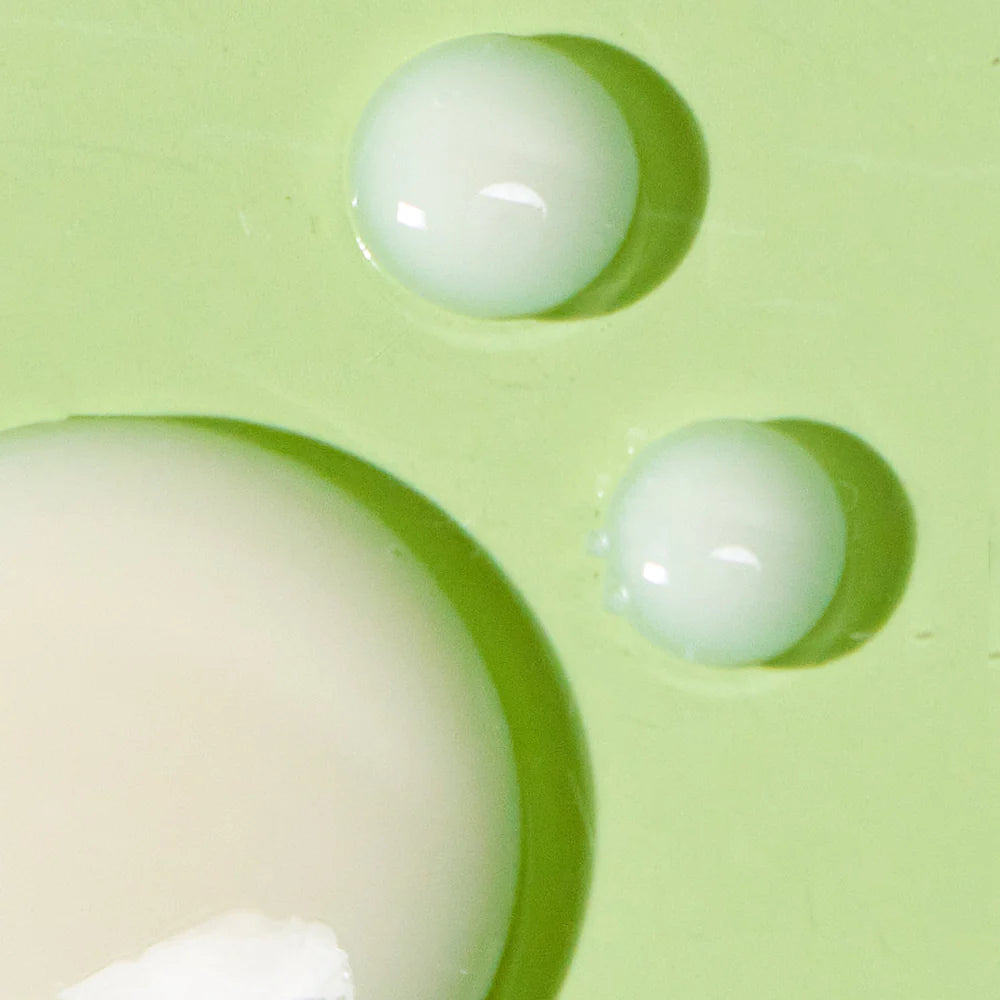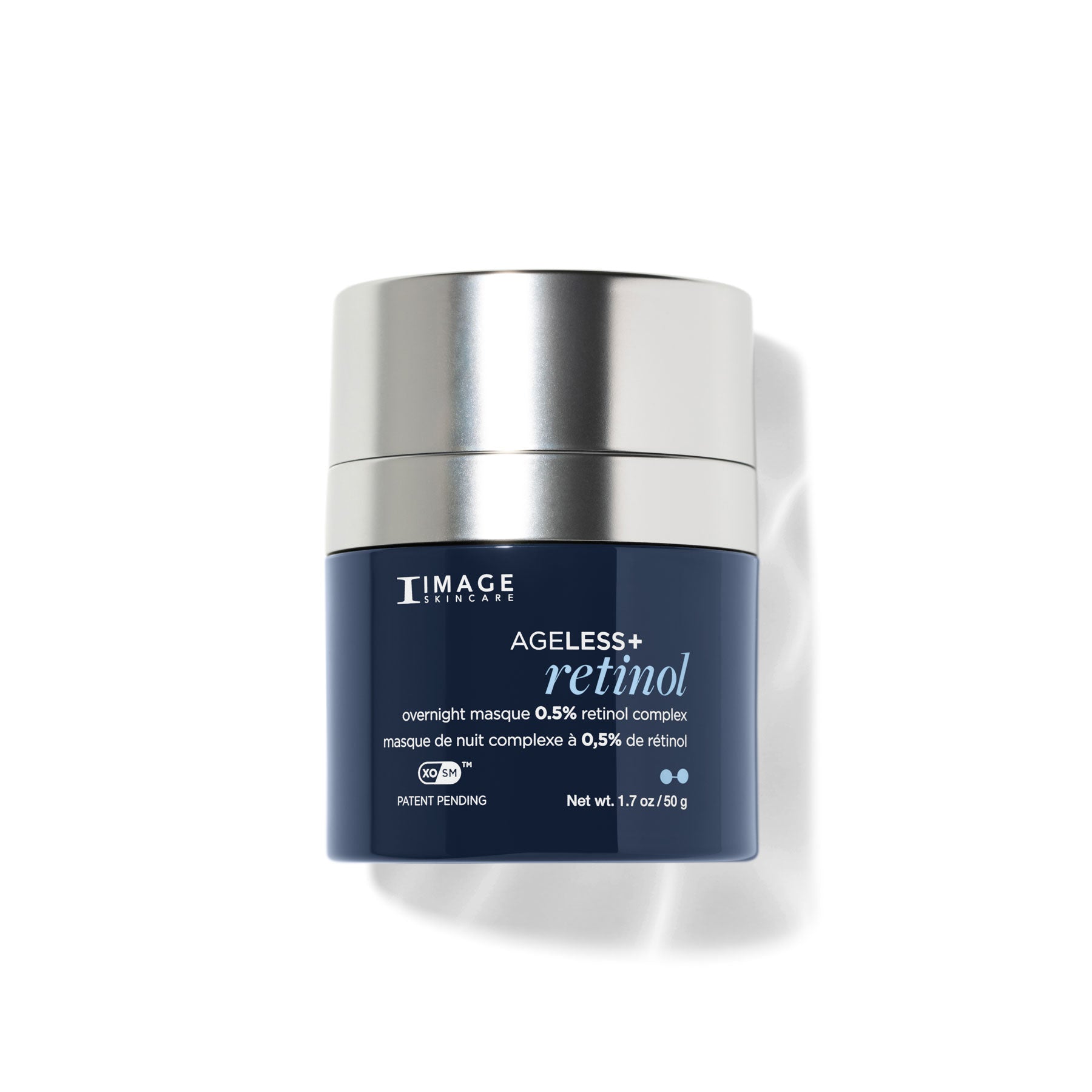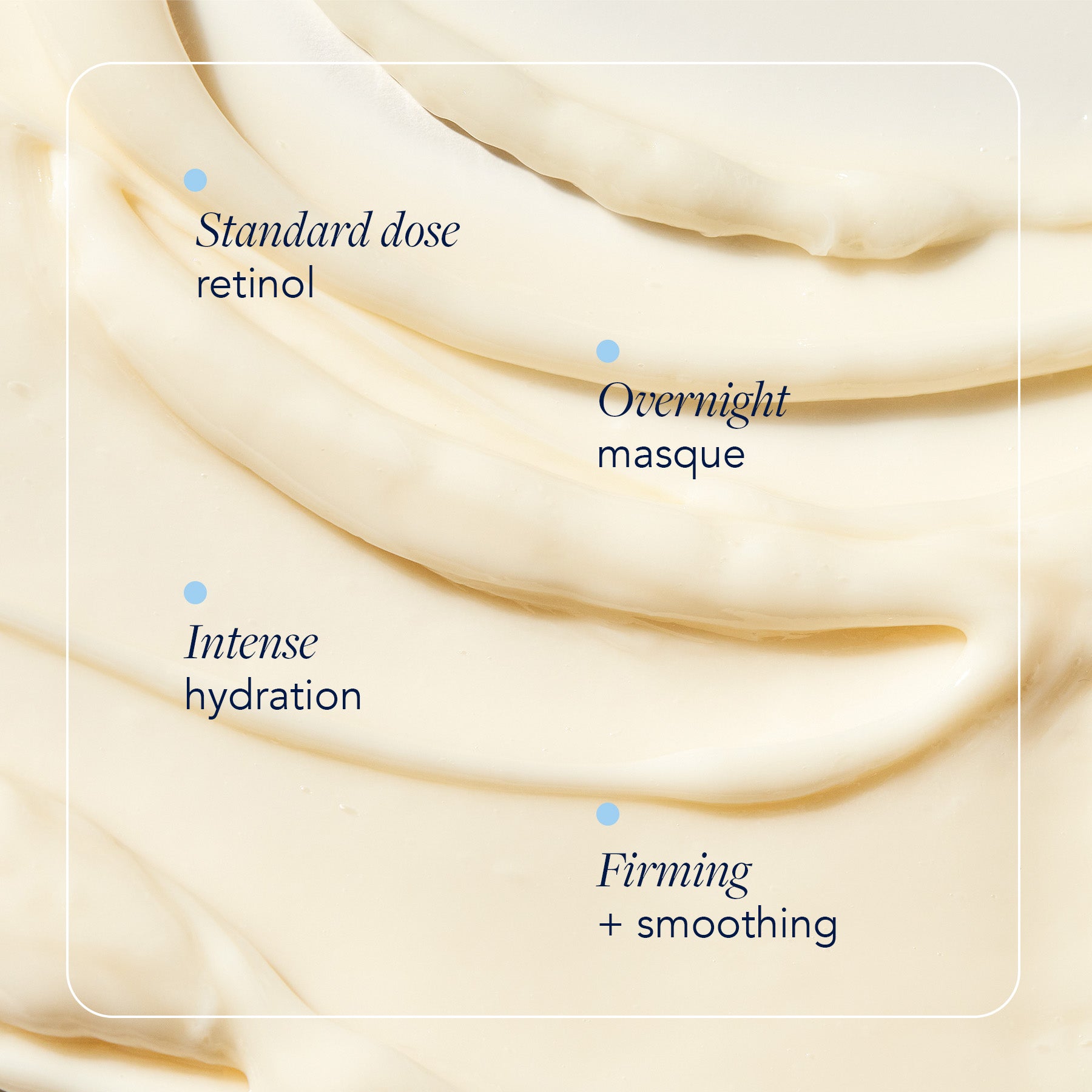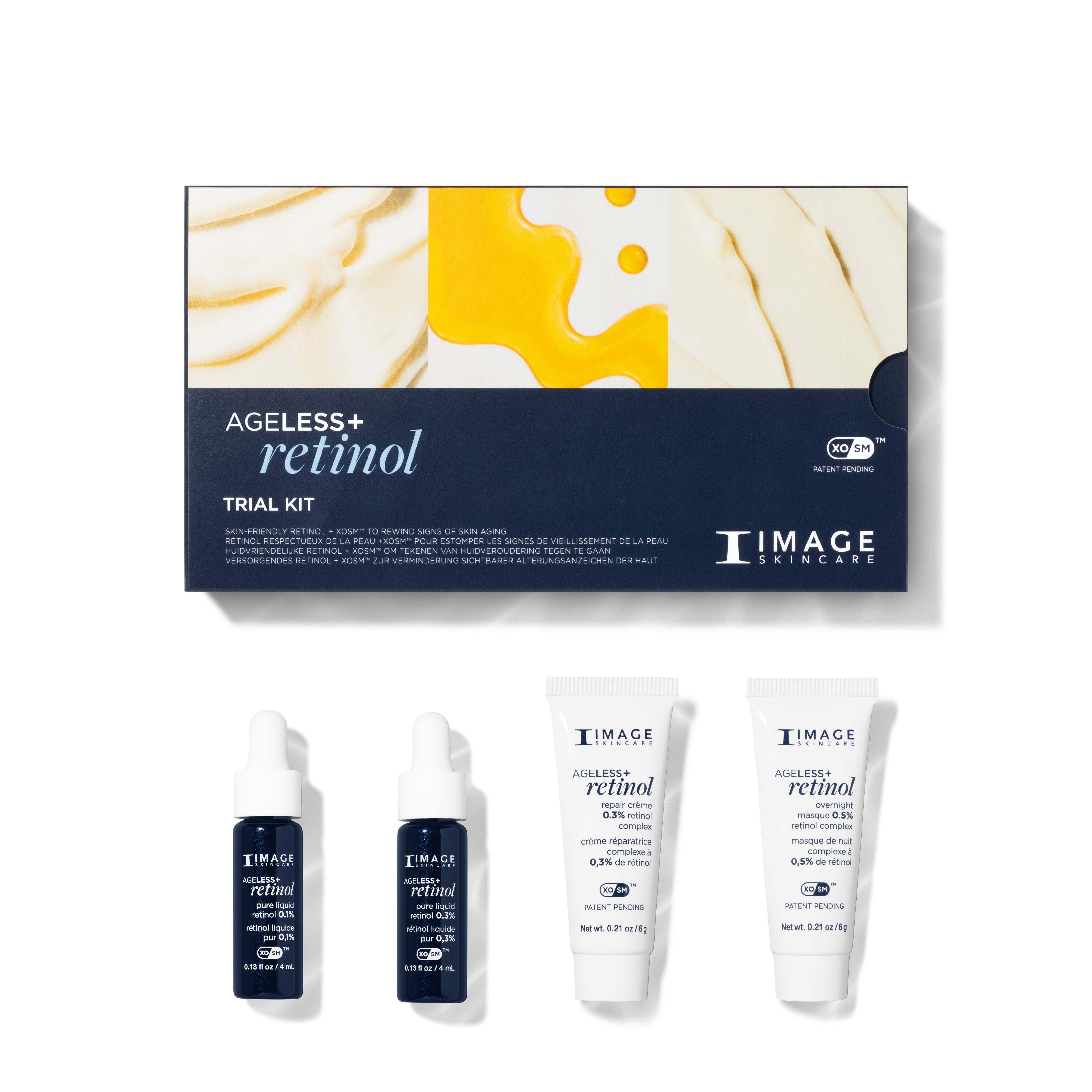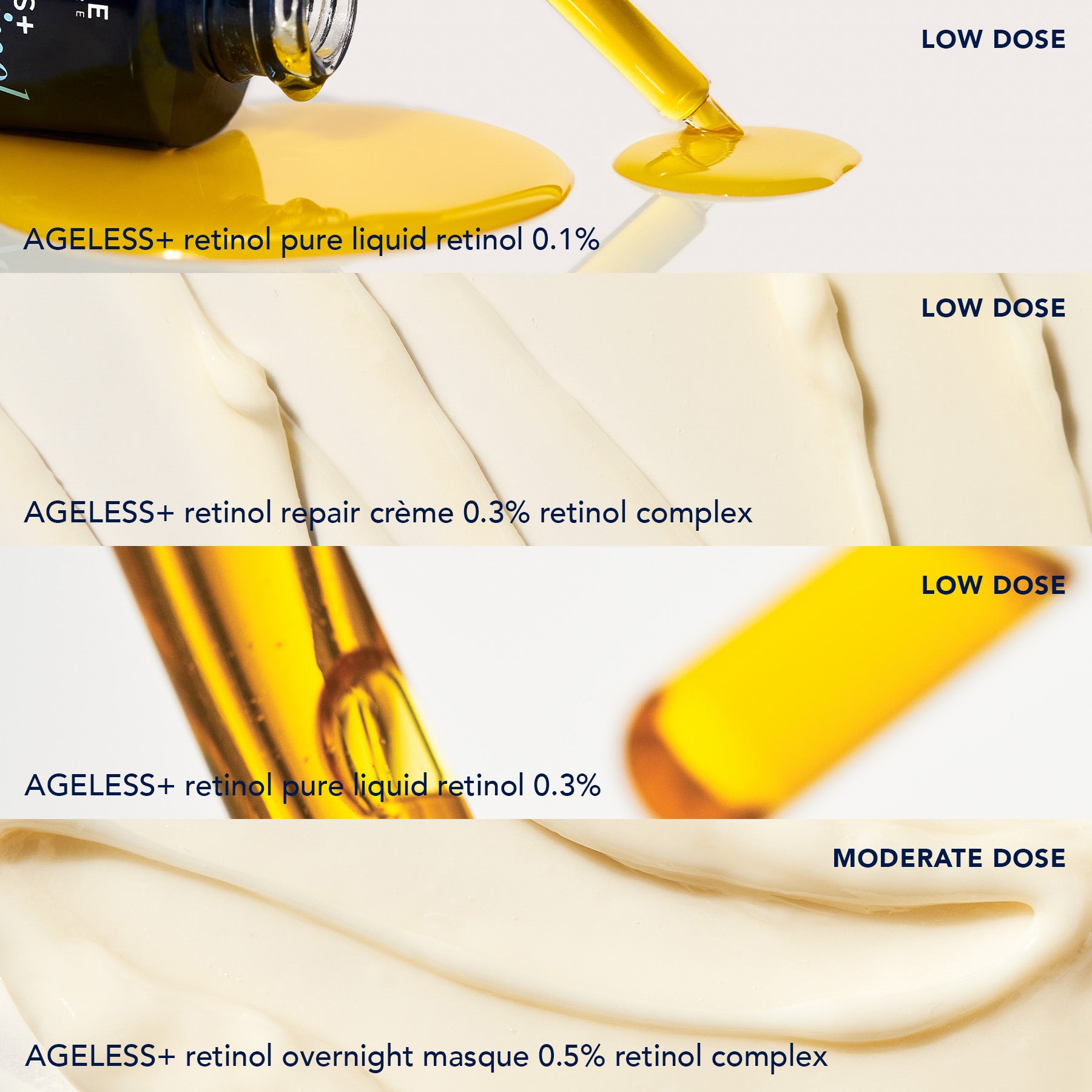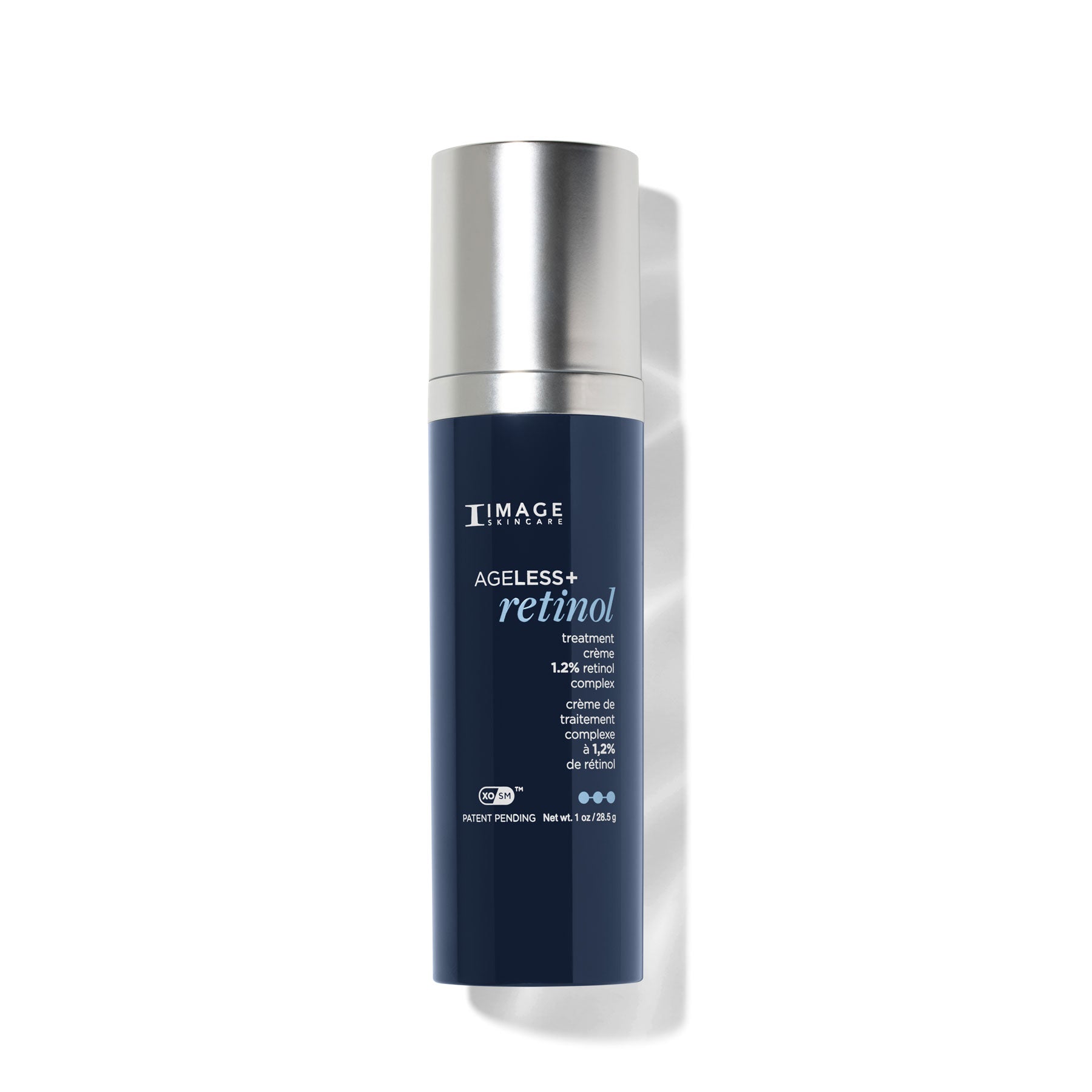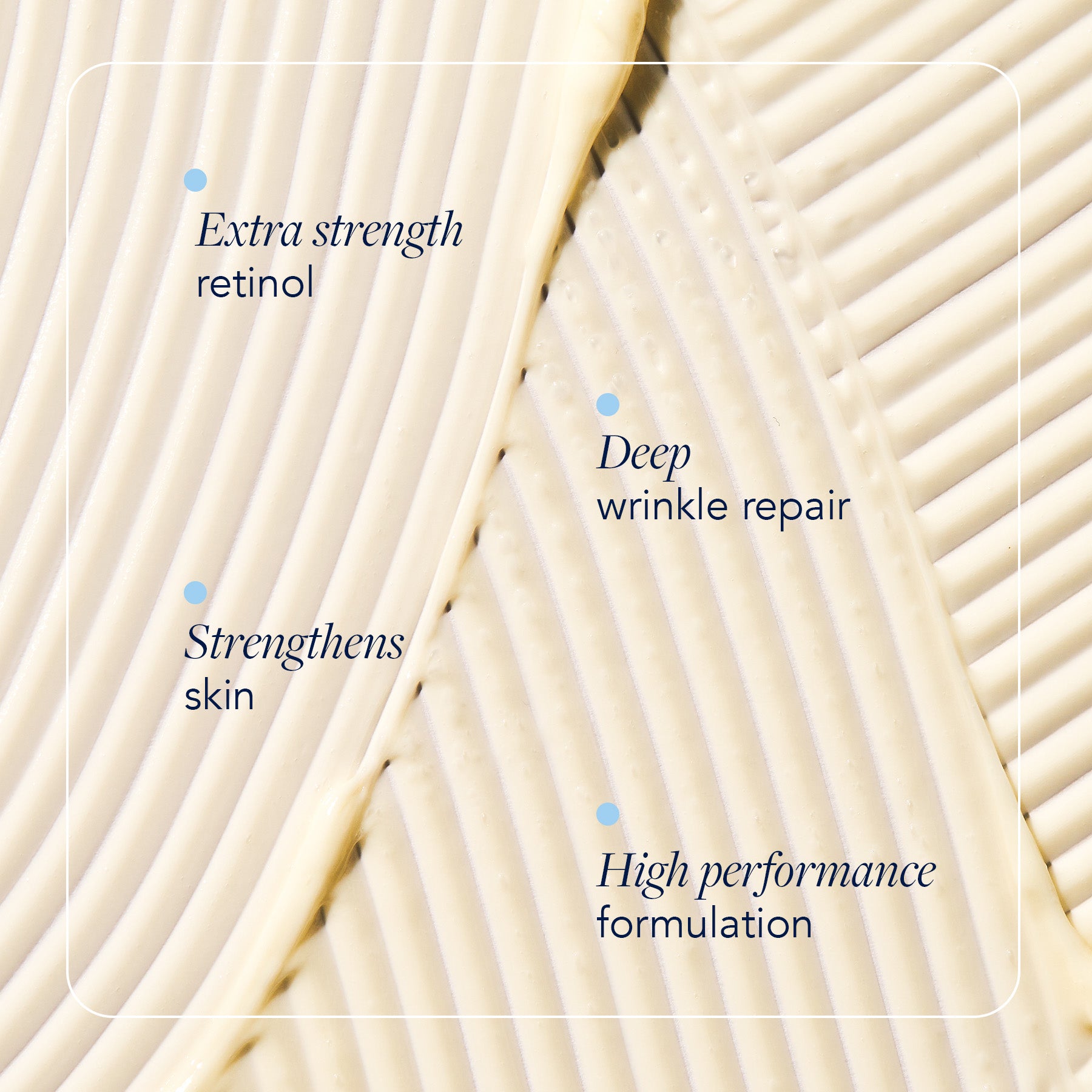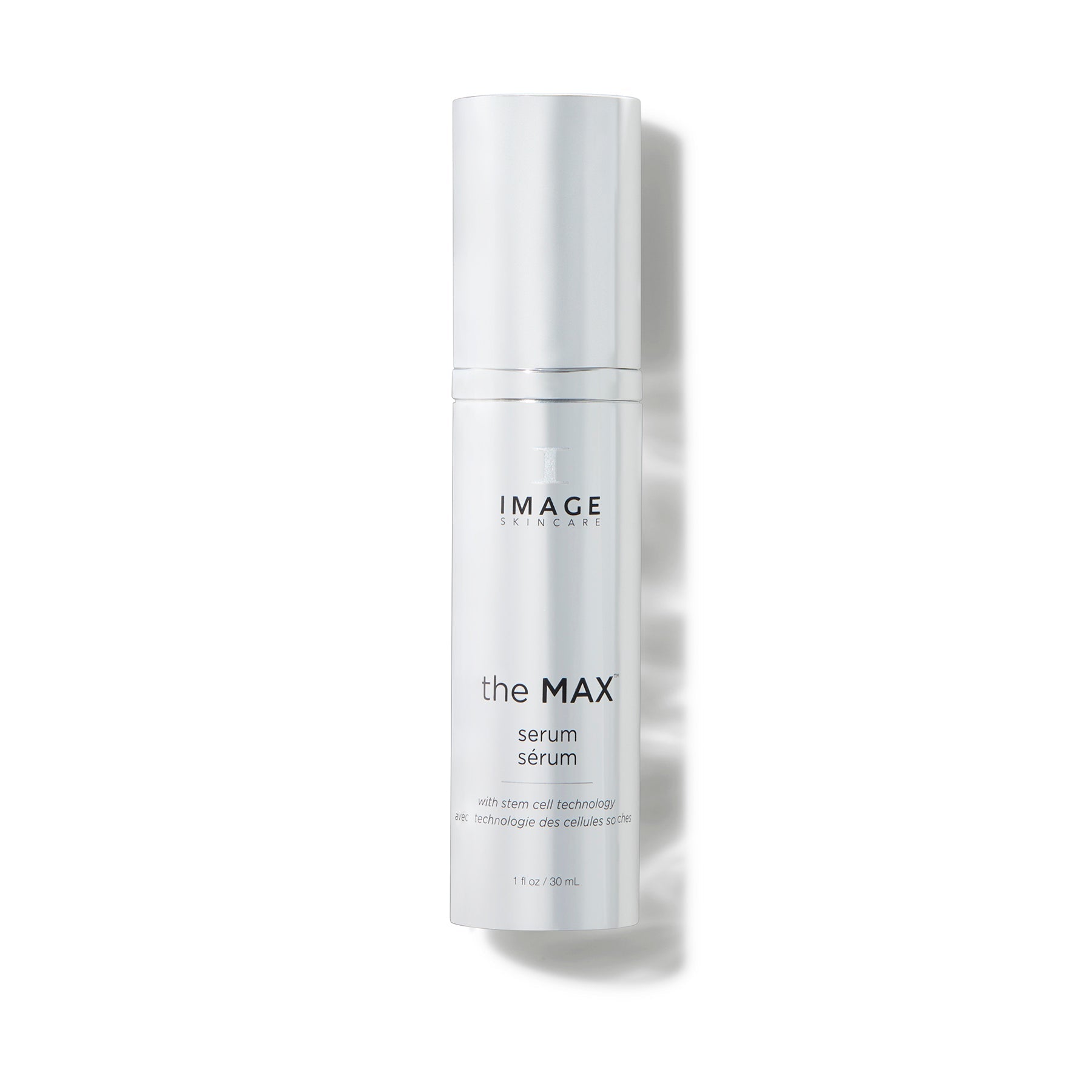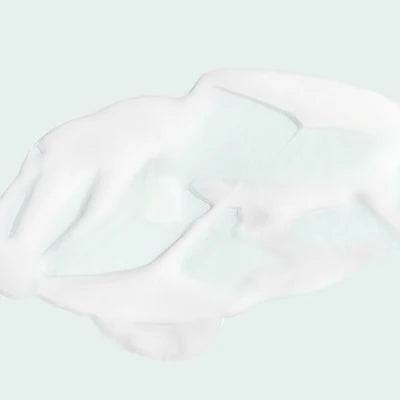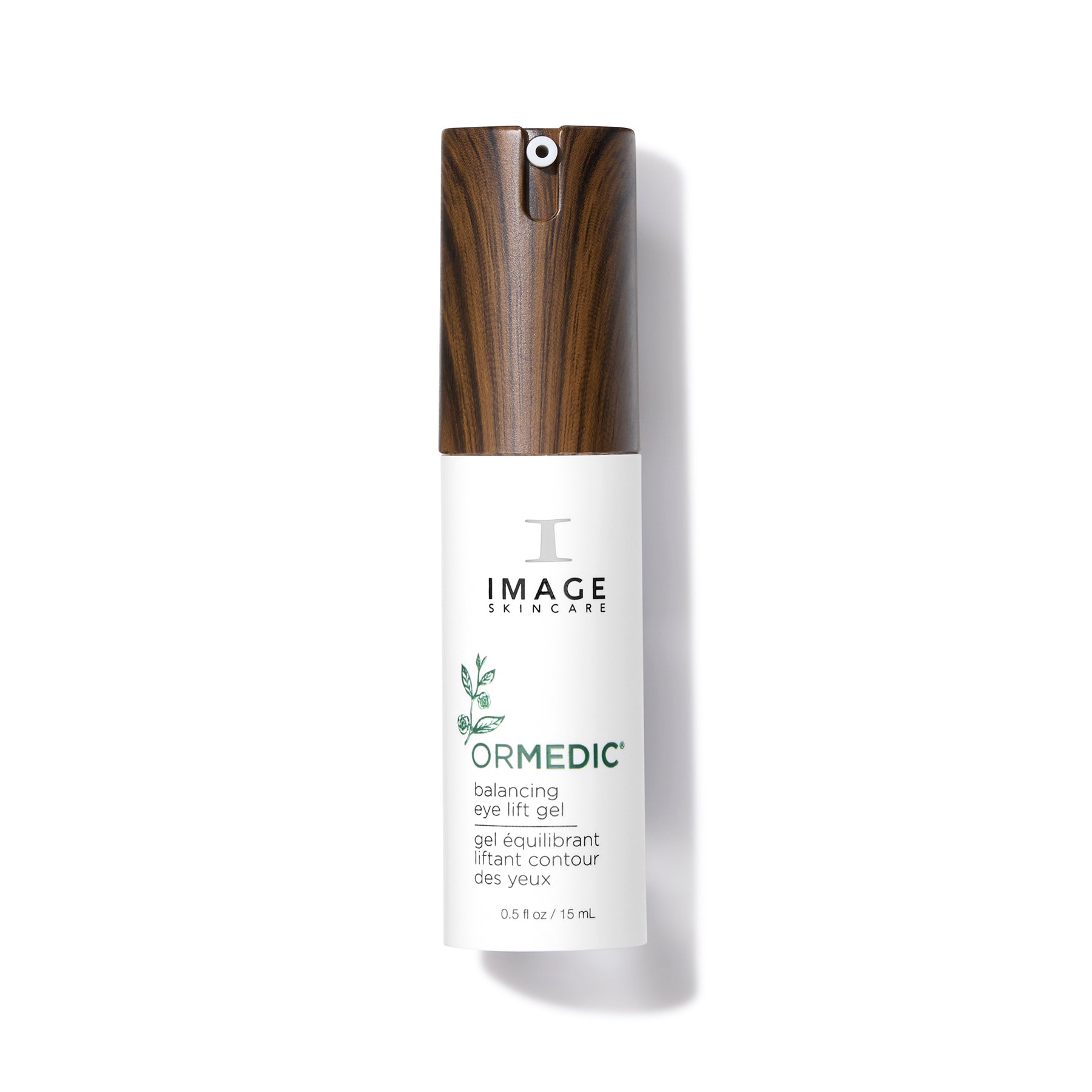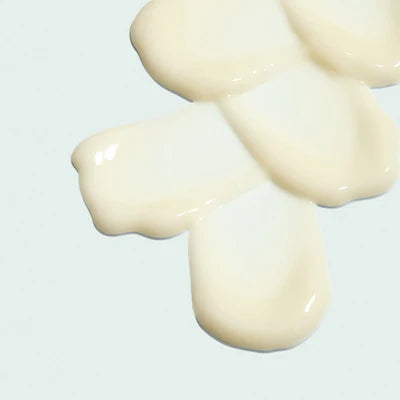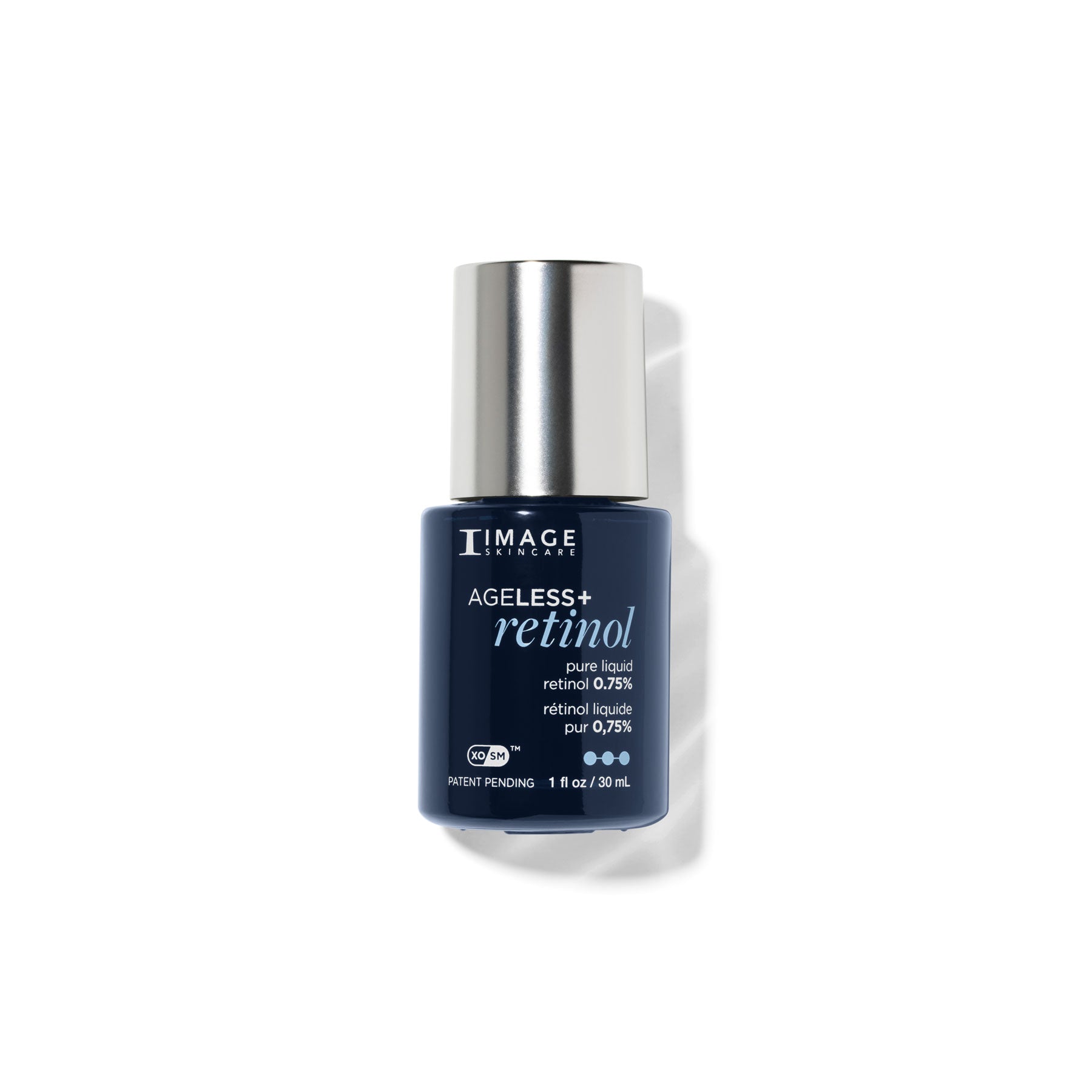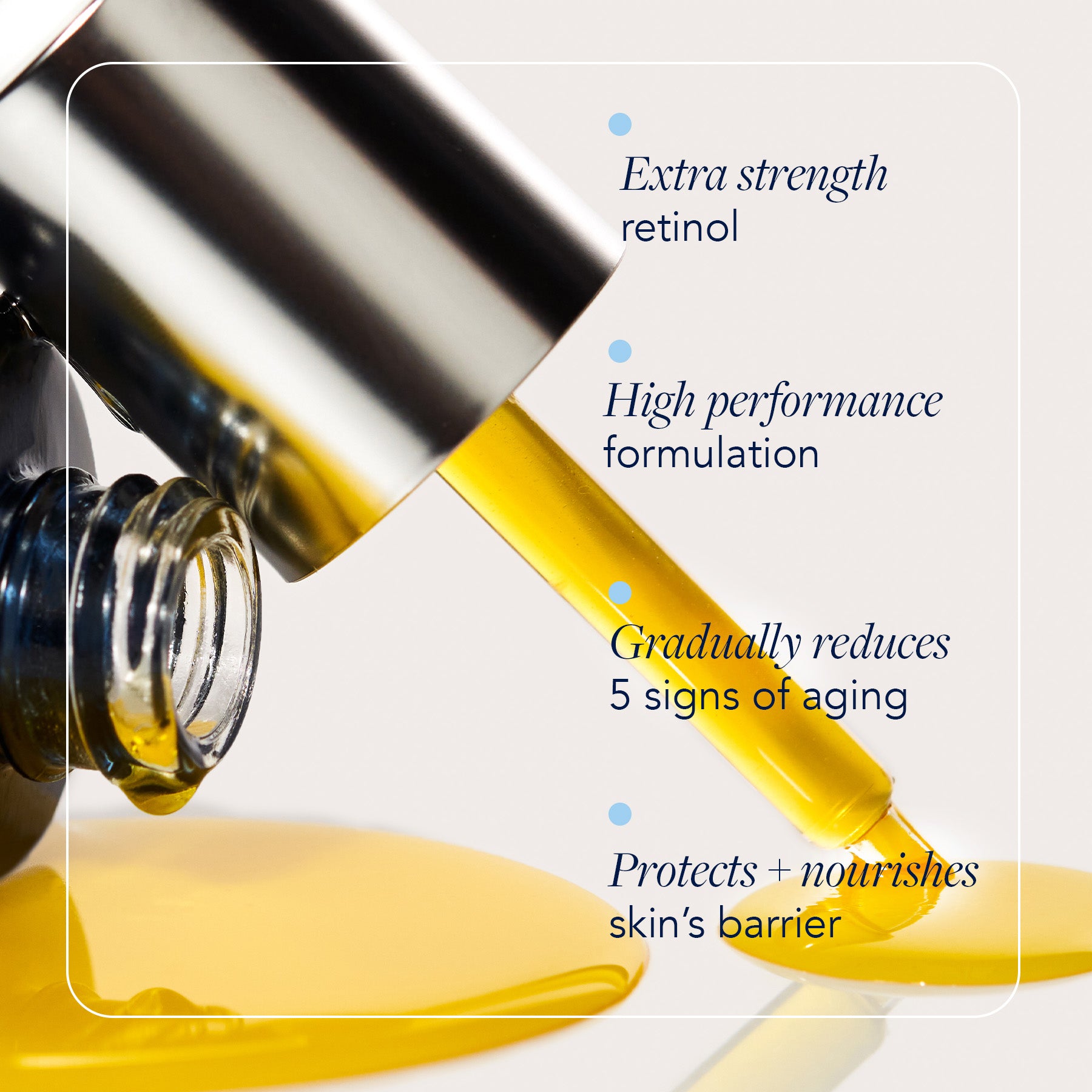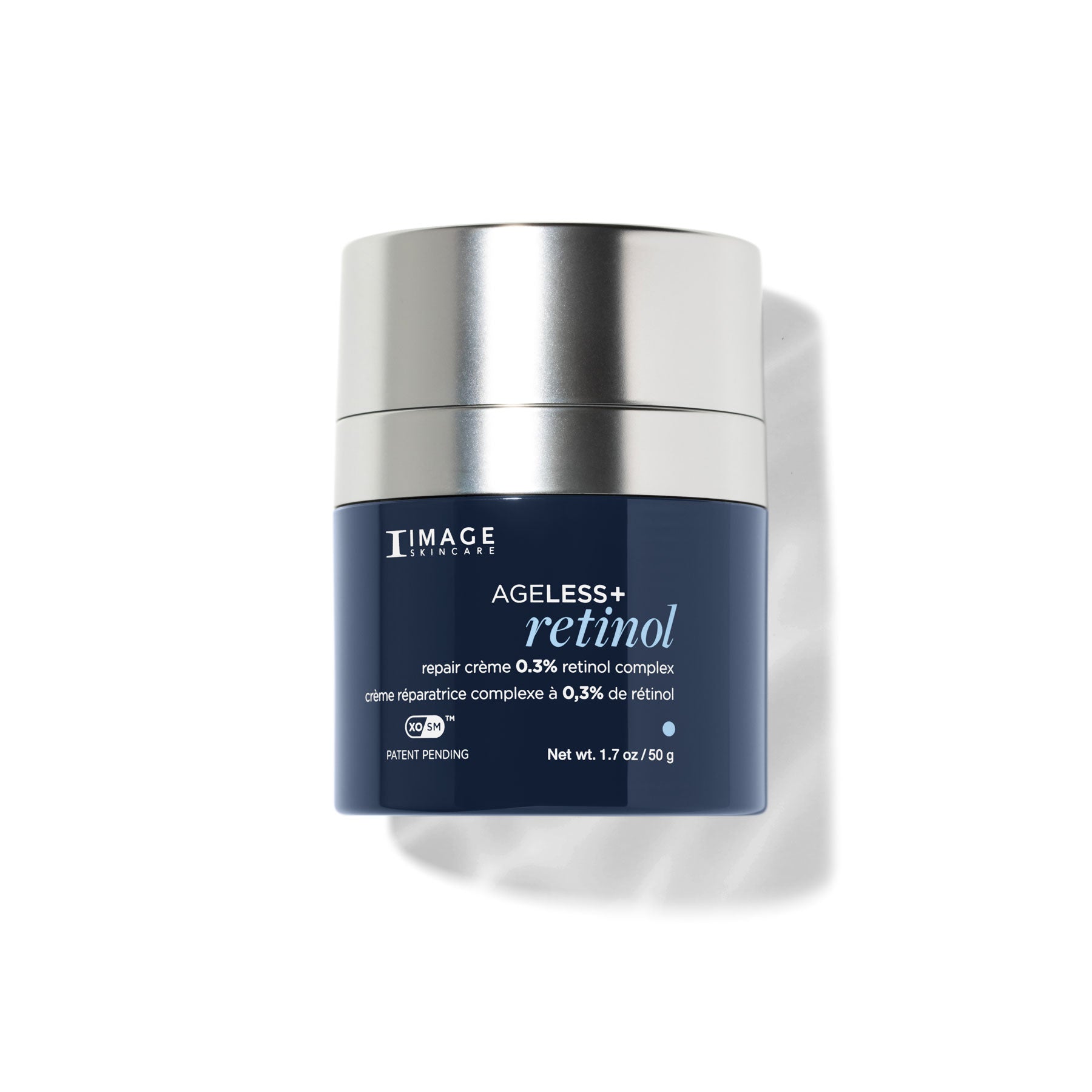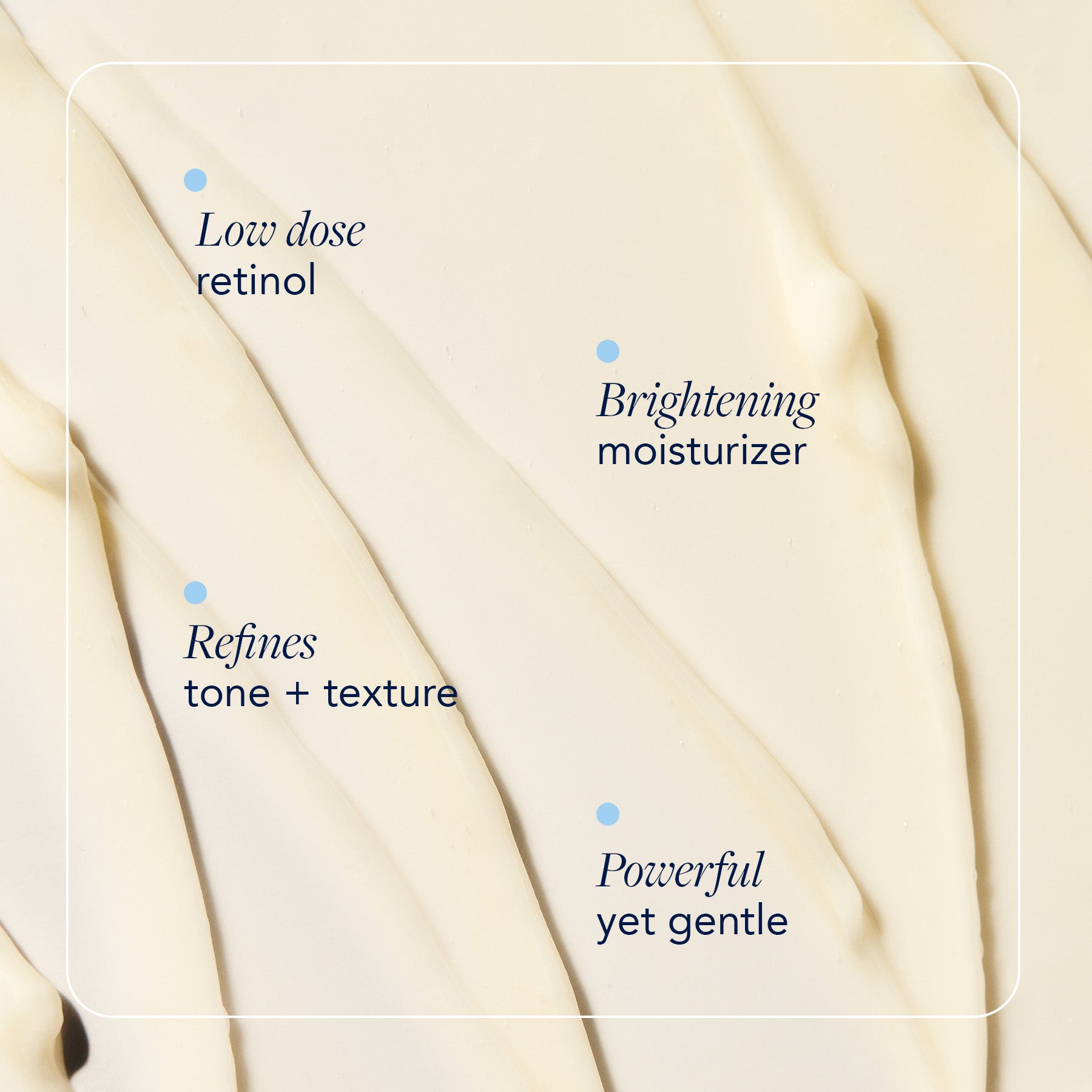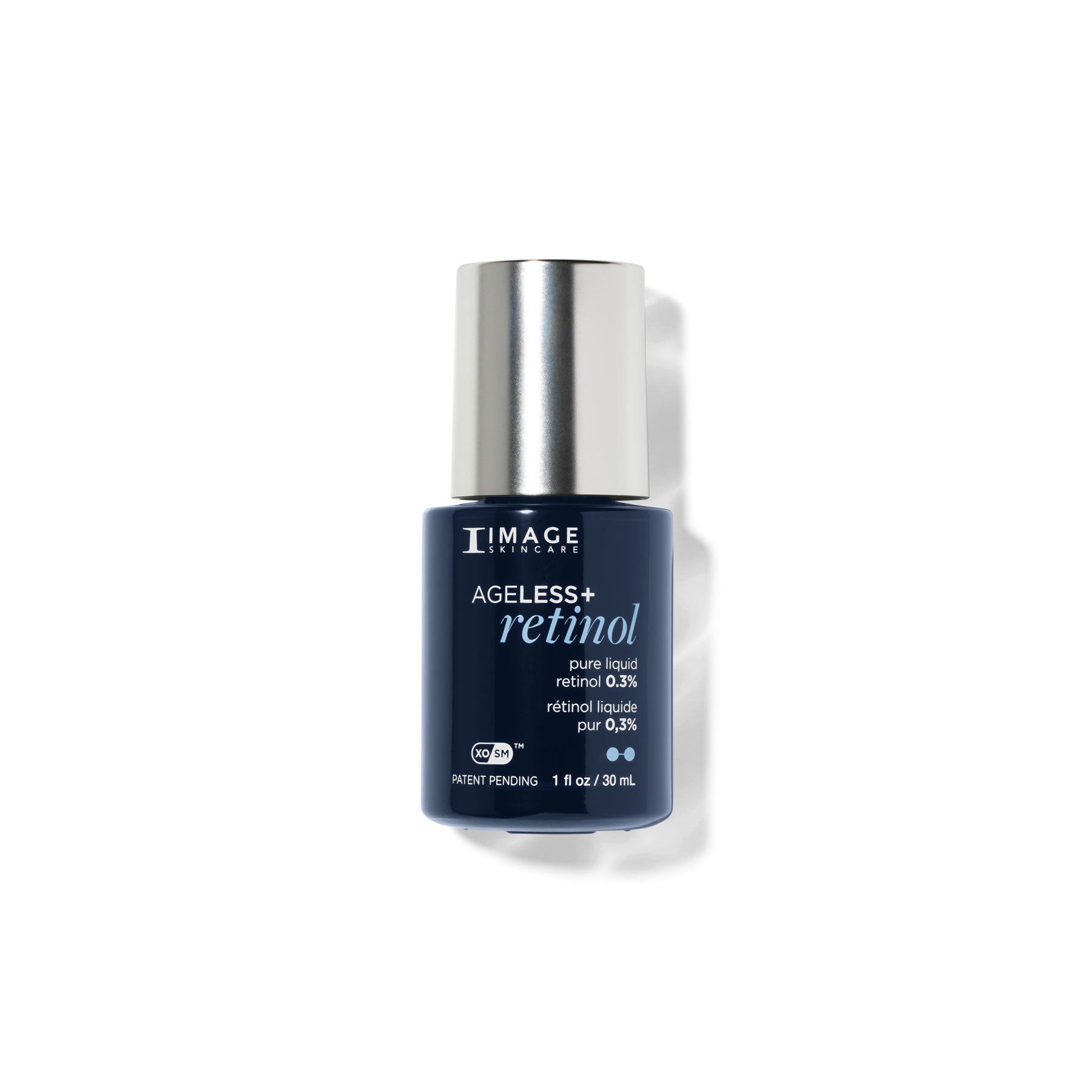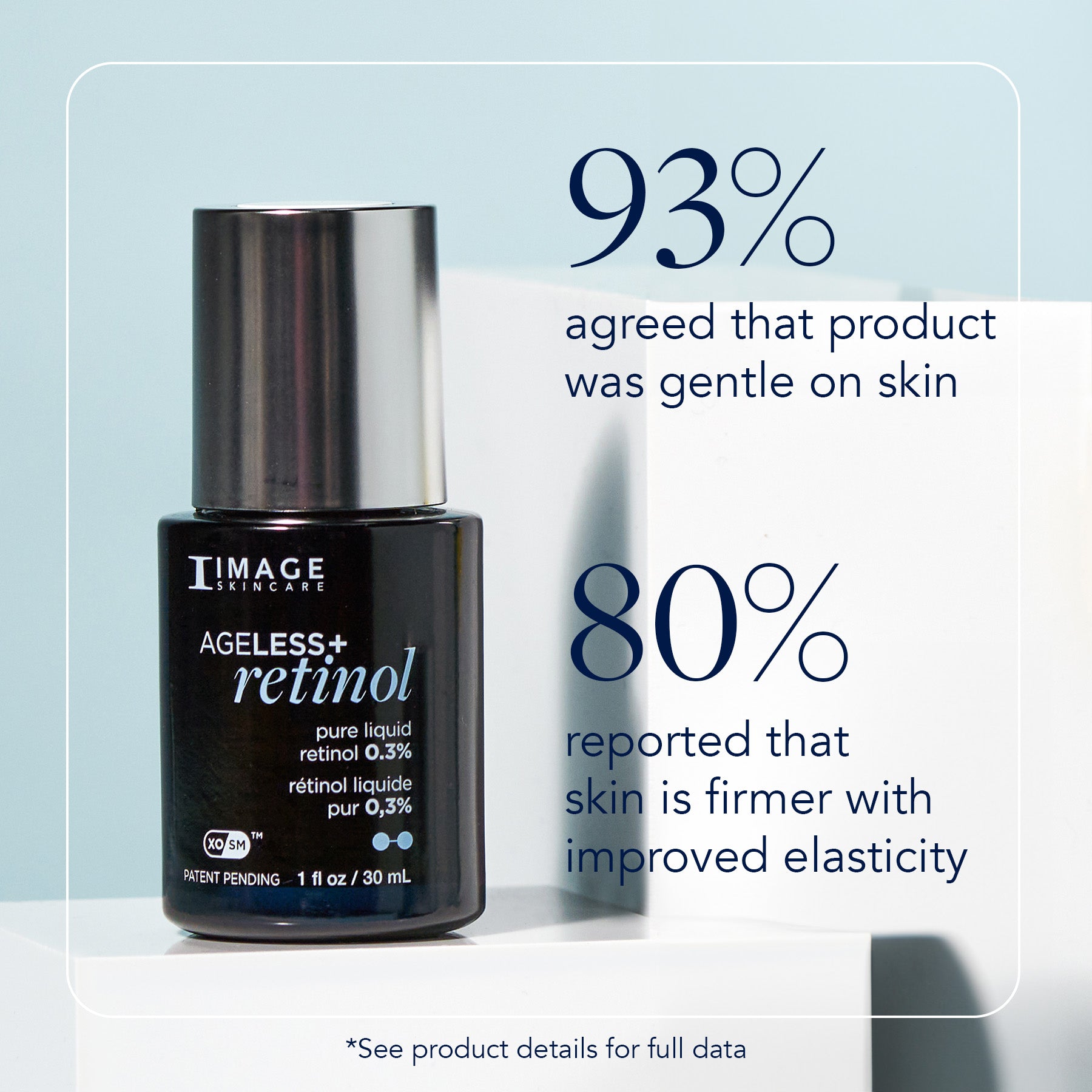CLINICAL RESULTS
The proof is in! See the evidence that the right skincare routine can give you a smooth and clarified complexion.
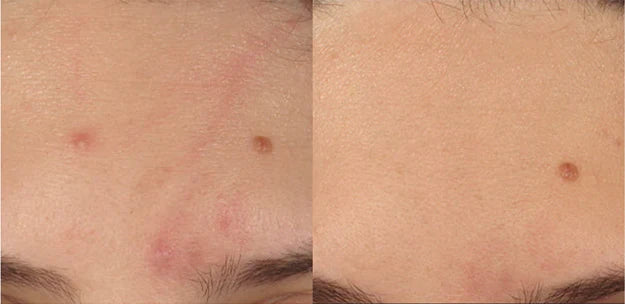
CLEAR CELL clarifying repair creme
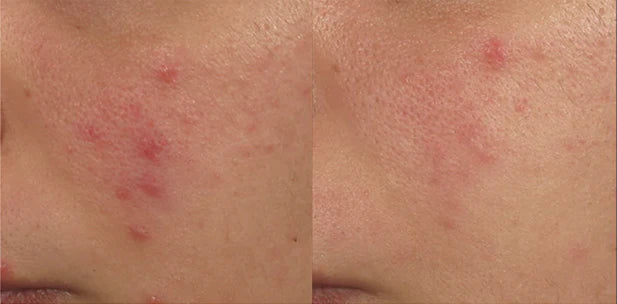
CLEAR CELL acne spot treatment
TOP ACNE & BLEMISH PRODUCTS
Relying on salicylic acid—one of the most researched and clinically proven ingredients—our CLEAR CELL collection tackles all elements of the
clear-skin equation: CLEAR CELL acne treatments clear acne blemishes and help to prevent the new blemishes from forming, while CLEAR CELL exfoliating products fight excess oil and the appearance of blemishes with ingredients like beta and alpha hydroxy acids.
FAQs
In short, acne occurs when pores become clogged with sebum (oil), bacteria and dead skin cells, often causing inflammation. This condition becomes more likely if you’re not balancing excessively oily skin with the right skin care, not washing your face at night, or wearing dirty headgear. Hormonal changes, chronic stress, some medications and diet might also exacerbate acne.
Depending on how the blemish forms, acne will look different from
situation to situation. According to the Mayo Clinic, most people with acne will experience one of the following: “whiteheads (closed plugged pores); blackheads (open plugged pores); papules (small red, tender bumps); pustules (papules with pus at their tips); nodules (large, solid, painful lumps under the skin); and cystic acne (painful, pus-filled lumps under the skin).”
It depends on the type of acne you have and its severity. If you break out once in a while, you could manage it simply by adding or swapping in one or two anti-acne skincare products, such as cleanser, exfoliator or spot treatment, to your existing routine. In some cases, your skincare might be causing the acne, so a total overhaul may be necessary. The key is to make sure you don’t strip the skin barrier of its natural moisture, instead replenishing hydration, moisture and nourishment to your skin without sensitizing or drying it out. It’s also important to practice skin-smart hygiene, such as using clean phones, pillowcases and towels.
The fastest way to get rid of acne is by visiting a skincare professional who can perform extractions, professional-strength peels and facials as well as offer high-tech treatments like lasers.
Estheticians have access to anti-acne ingredients in higher concentrations, which means quicker results. This professional can also recommend a home treatment plan customized to your skin and the type of acne you have, as they’ll have an up-close-and-personal look into your pores. If you’re looking for an even faster treatment for an inflamed pimple here and there, try putting ice on it to decrease the redness and swelling, then apply a spot treatment.
Hormonal acne occurs when fluctuations in certain hormones—testosterone, estrogen and progesterone—stimulate excess oil production. This type of acne can manifest in different forms, from whiteheads and blackheads to cysts and nodules, and is most common during pregnancy, menstruation and menopause. To address it, focus on decreasing stress and addressing mental/emotional challenges, which can be triggers, and use more pore-clearing products before expected cycles of hormonal changes. For instance, before and/or during your menstrual cycle, you can use clarifying pads after cleansing or layer on an acne lotion over your regular serum.
Cystic acne is one of the most difficult types of acne to treat, so it’s especially important that every single skincare product you use properly addresses your issue. We highly recommend visiting a board-certified dermatologist to address the underlying cause of your cysts before you build a new skincare routine. The dermatologist might choose to prescribe medication that helps to balance your hormone levels or give you a steroid injection to quickly reduce the cyst. You can also consider laser treatments, light therapy and regular acne facials, which are available through estheticians.
Yes. Retinol speeds up cell turnover, which helps keep pores clear of dead skin cells. Depending on your skin’s sensitivity, you may start with a lower dosage before titrating to a higher percentage. For severe cases, a dermatologist might prescribe tretinoin, which is a prescription concentration of retinol.
Salicylic acid, zinc PCA and tea tree oil, which have been clinically studied to help unclog pores and reduce bacteria on skin, are the best ingredients to look for in skincare for acne.

